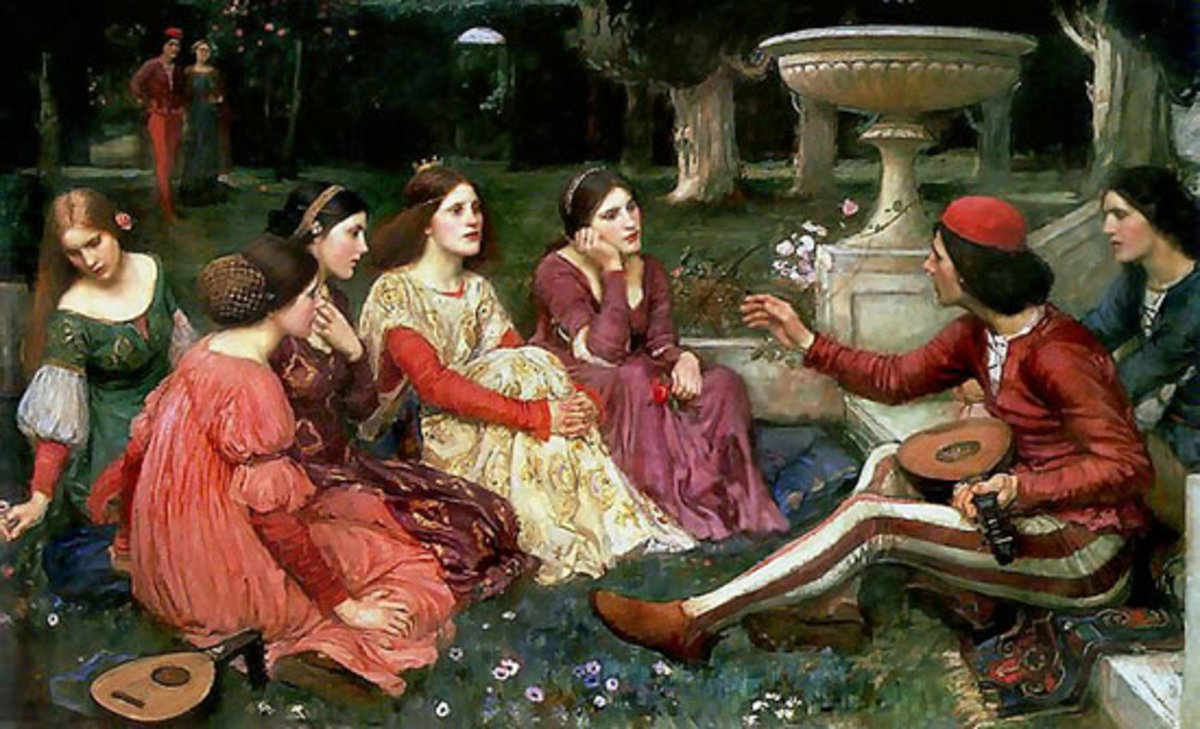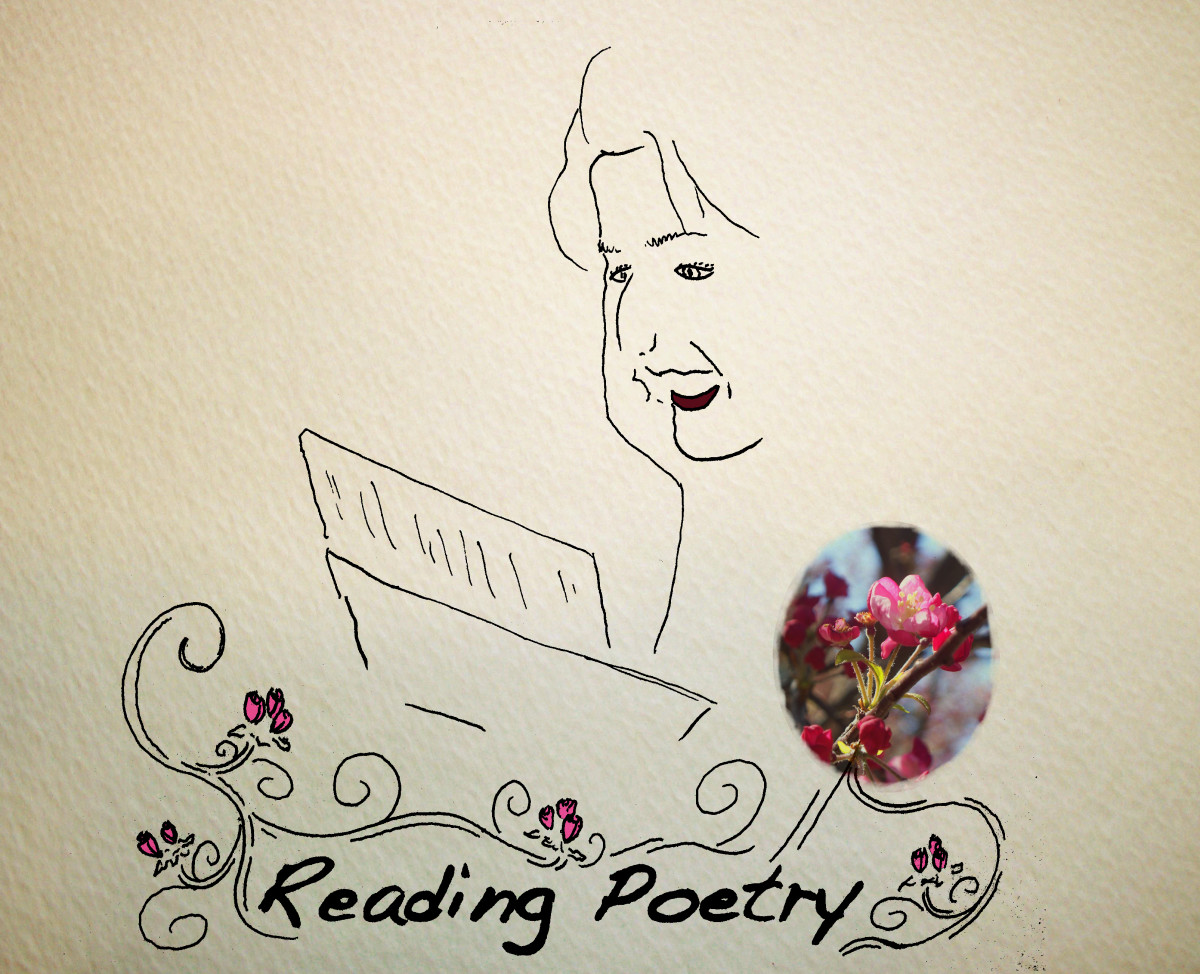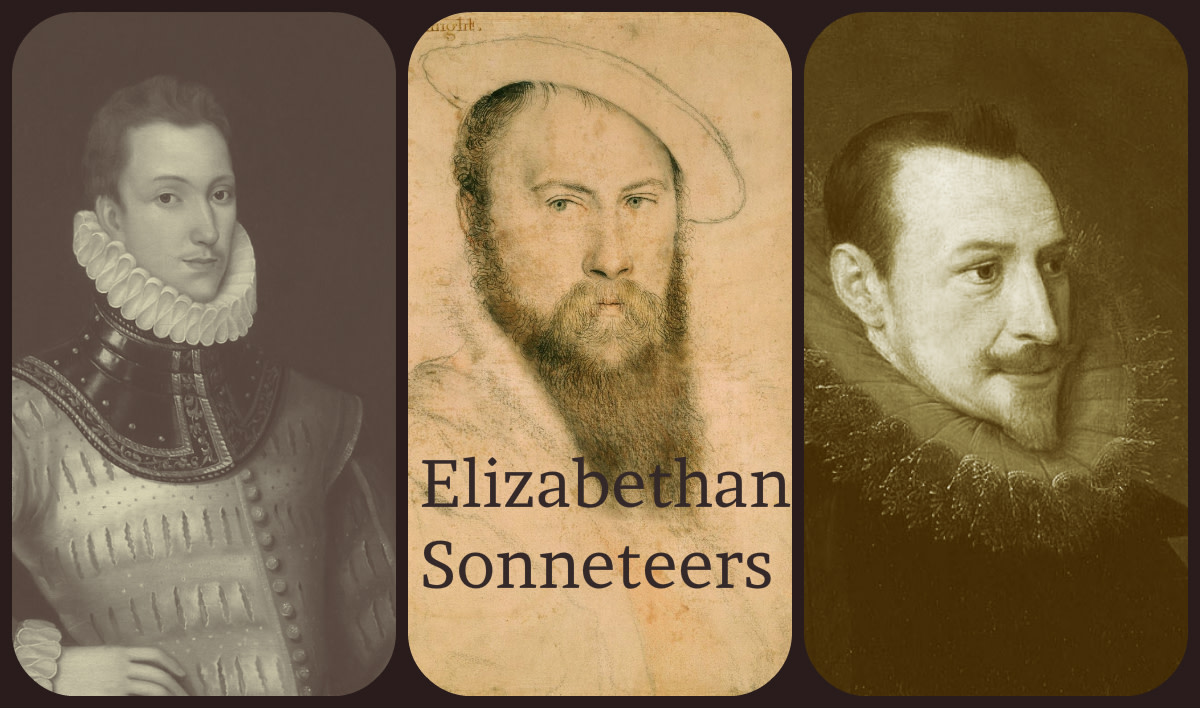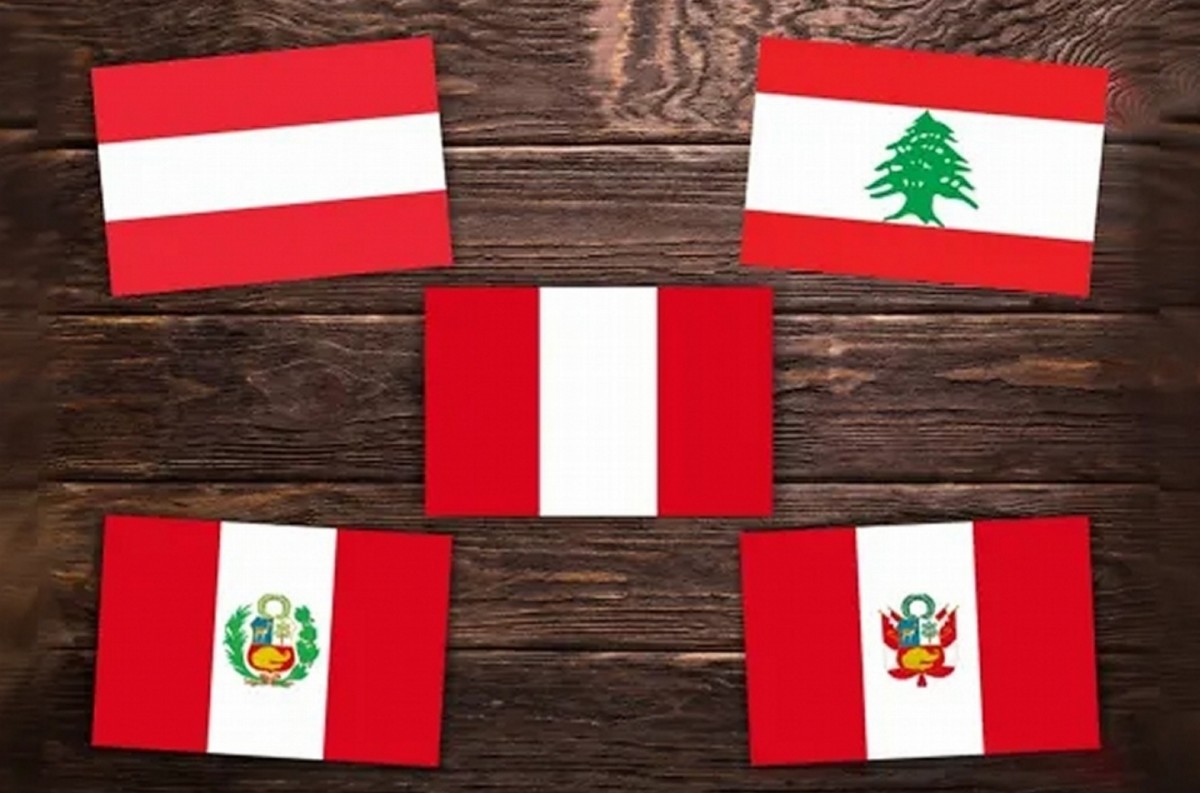The Pavement Poet Leaves the Café!
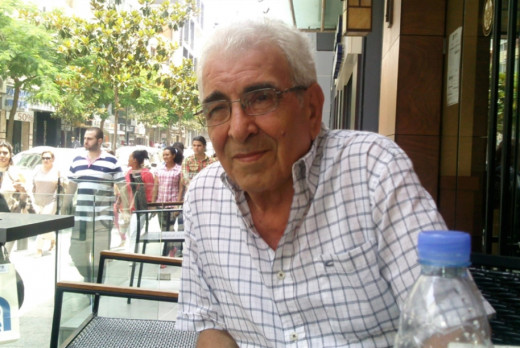
Since he founded the magazine "Al-Rifah" in Beirut in the 1980s, with a constellation of Arab poets, he emphasized playing first, replacing Ghassan Kanafani with the charm of living and the lust to hang on the edge of life, looking forward to writing fantasia that restores the average Palestinian to his life that was taken away by the enemy. The Palestinian journalist, writer and writer left yesterday in the Jordanian capital, leaving collections of stories and an orphan novel that is closer to the autobiography about the Nakba generation and the first smell of the earth!
Rasmi Abu Ali (1937-2020) is not like other Arab writers. A Palestinian exile, with a different temperament in his understanding of the struggle, resistance and the country. He came late to write, but with a heavy load of irony, humor and humor, trying to exfoliate the Palestinian orange from the taste of sorrow that captured the experiences of others, whether in poetry, story or novel. Perhaps there is a close connection with the experience of Emile Habibi, the author of "The Strange Facts in the Disappearance of Said Abi Al-Jinsalal" in terms of bitter cynicism. However, Official Abu Ali will remain an orphan in the creation of his universal blog, defending his humanity in the first place, away from the dictionary of Palestinian organizations and their conflicts packed with slogans and chants, despite his work there, this is an untamed writer or subject to the conditions of work in official institutions. Since the founding of al-Rifa'a magazine in Beirut in the 1980s, he has remained alone in his defense of the marginalized, with a constellation of Arab poets, emphasizing playing first, exuding the image of the sober writer, looking to write fantasia that restores the average Palestinian to his life that was taken away by the enemy.
Thus came his first story, "A Cut-Out Cat named Reyes" as a counter-statement to the Palestinian narrative blog mired in the history of the tragedy, replacing Ghassan Kanafani's fascination with the charm of living and the lust to hang on the edge of life. Rasmi Abu Ali did not invent the themes of his stories and poems with the power of imagination as much as he wrote his autobiography with a special magnet and a unique tone, leaning on the daily eloquence more than on the great narratives that weighed the writings of others, this which came from the side alleys of writing, always confused the rhythm Official processions with his riot and his ability to attract attention with minimal noise. He slowly lures us to his simple and austere feast until we sink into the nectar of his honey with a sudden paradox that encapsulates the story with the blades it needs to fly high. We say that Rasmi Abu Ali does not invent his stories because they resemble his life behavior and personal philosophy, which he worked on with the trick of indifference. Those who know him closely are aware of the peculiarity of the angle of view, which gives his expression an exceptional resonance, although it is simple, as it involves a high dose of snore that takes fruit effortlessly. Most likely, we lost a play, he would have sung the wood in his creative presence, but he did not invest his studies at the Institute of Dramatic Arts in Cairo. He merely provided radio programs at Radio Palestine, a long-term recital of his life, before the story writing came late, with a rich stock of different readings, and as one of the writers of absurdity.
His stories with the displaced Iraqi poet Abu Rosa Wolf, alone, suffice to crown him an exceptional story, the humor here is made by the life damaged by laughter and on it. He found in the character of this Iraqi poet who is in the pavements of Beirut and Damascus "Sancho" another in his journey donquichot, it was the experience of the magazine "The Pavement" which came as an anti-poetic current, and a platform for the pavements, in the face of revolutionary boredom. The experience continued to be sincerely defended as a cultural option even after the flames were extinguished, while his life continued to root the margin, after his final settlement in Amman, he used to frequent daily to the popular Café "Auberg" to play cards with mute and mute, as if he were composing one of his satirical tales in joining the This is the shawl. He will once complain about his ability as a Palestinian, hoping to be an Arctic resident to play with seals over the snow. Mahmoud Darwish will be described as "Abdel Halim Hafez of Arabic poetry" in one of his comics against official culture. Just as the writing of the story came late, he will later break into the poetry space in "Not Like This River", but from another location, supporting the vocabulary of the margin and the pavement, in different, wild and shocking texts that "we wanted to undermine the prestige and sanctity of all that prevails". Perhaps it was Beirut that gave him this rebellious spirit, which suddenly raided the tranquillity of other poets texts, and created the stable scene with an unprecedented experimentation as a systematic attempt to "pluck the beard of hair, hair, hair".
With his forced departure from Beirut to Damascus, he regained his hometown of Al-Maleh, adjacent to Jerusalem, in an orphan novel entitled "The Road to Bethlehem", which is closer to the biography of the Nakba generation and the first smell of the earth, and will complete his memories of Palestine with other titles such as "That Tree, That Decline". In a serious attempt to blame the fragments of the torn map of Palestine yesterday and today with its internal mirrors without any decoration or cheer, or as Ahmed Dahbour said: "Perhaps official Abu Ali is one of the few Palestinian intellectuals, who reached the bridge of intersection between what they write and what they live the limit of the mirror, who reads official Abu Ali as someone who sees him in the mirror. He is a human being without accounts, and the adventure is happy with the fate that awaits him, confuses the grandfather with humor, his joke is serious, and his grandfather is a joke, while Hassan Abu Ghneima believes that Official Abu Ali is "the pioneer of the third line in the short story after Youssef Idris and Zakaria Tamer".
In his later years, he was attacked by the disease, but his cheerful spirit did not leave him, as he did not stop setting traps in his satirical tales, and his sarcasm that he builds with a scathing skill. Especially after his involvement in social media sites, as he found in his wall on Facebook a pure refuge with distinction, compensating yesterday's losses. The last thing he wrote in the sarcasm was a story entitled "Facebook dog" in which he recounts that during his morning sport near his neighborhood Marj al-Hammam, he watched a herd of goats, without his dog, until the dog seduced him from behind. He asks: Did the dog take revenge on him because he wrote two days ago that man had a goat origin? This is probably a Facebook dog. Official goodbye Abu Ali, who gave us an encyclopedia of pain-wrapped humor.
In Lines
He was born in the village of Al-Maleh (Jerusalem) in 1937 and received his Bachelor's degree from the Higher Institute of Dramatic Arts in Cairo in 1964. He was a presenter, presenter and producer of radio programs, including variety, drama series and political commentary at Radio Amman during the years 1964-1966, after which he moved to Radio Palestine during the years 1966-1982. He is the brother of Mustafa Abu Ali, the father of the Palestinian revolution cinema. His works include:
- A cut-out cat named Reis" (Stories) - House of Democratic Destiny, Beirut, 1980.
- It is not like this river" (Diwan poetry) - The Union of Palestinian Writers and Dar al-Hwar, Damascus, 1984.
- The Road to Bethlehem" (novel) - "New Culture House", Cairo, 1990.
- The Café" (Diwan Poetry) - Jordanian Writers Association, Amman, 1998.
- The Papers of Oman of the 1950s" (biography) - Greater Amman Secretariat, Amman, 1998.
- He takes off nails and dismounts laughing" (Stories) - "House of Culture", Ramallah, 1999.
This content is accurate and true to the best of the author’s knowledge and is not meant to substitute for formal and individualized advice from a qualified professional.
© 2020 Hafiz Muhammad Adnan

